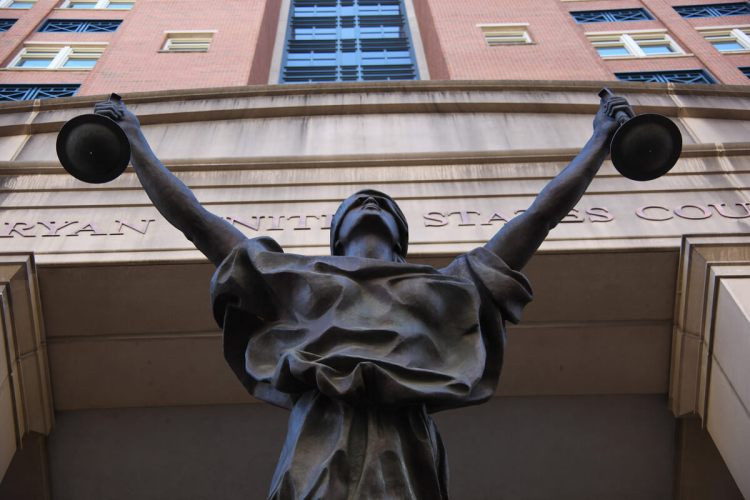A team of computer scientists and legal professionals has created artificial intelligence with the ability to accurately predict the outcome of 79 percent of cases decided upon by the European Court of Human Rights.
The performance of the artificial intelligence was published Monday by PeerJ Computer Science.
Text from European Court of Human Rights cases was used to train a machine learning algorithm to find patterns in case text. The predictive model is made possible by advancements in natural language processing and machine learning, the analysis said.
“We don’t see AI replacing judges or lawyers, but we think they’d find it useful for rapidly identifying patterns in cases that lead to certain outcomes. It could also be a valuable tool for highlighting which cases are most likely to be violations of the European Convention on Human Rights,” said lead scientist Nikolaos Aletras in a statement by University College London.
Computer and legal scientists who created the artificial intelligence found that “formal facts of a case are the most important predictive factor,” but also that the kind of language used, topics discussed, and other factors outside of legal facts may influence a court decision.
“We expect this sort of tool would improve efficiencies of high-level, in-demand courts, but to become a reality, we need to test it against more articles and the case data submitted to the court,” Aletras said.
Scientists from University of Pennsylvania, University of Sheffield, and University College London participated in the creation of the artificial intelligence and its subsequent analysis and documentation.
Authors of the analysis hope prediction of court case outcomes will “eventually prioritize the decision process on cases where violation seems very likely.”
“Overall, we believe that building a text-based predictive system of judicial decisions can offer lawyers and judges a useful assisting tool,” the analysis said.
As bot and artificial intelligence ecosystems emerge, legal bots have been in the news this year.
In May, lawyers at the law firm BakerHostetler began to use ROSS, an AI-powered virtual assistant powered by IBM Watson.
DoNotPay, a ticket lawyer bot created by Stanford University student Joshua Browder, expanded to Seattle in August. DoNotPay has helped successfully challenge hundreds of thousands of parking tickets, to date.


